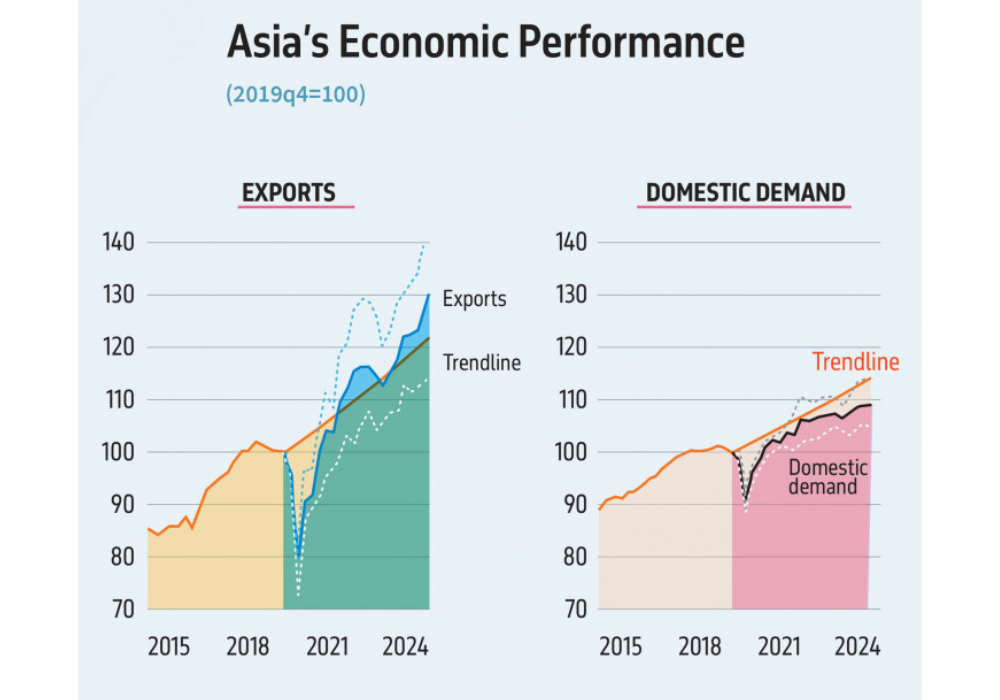The United States’ tariff policies under President Donald Trump are straining relations with India and may trigger a major geopolitical realignment. Experts warn that worsening trade ties could drive India closer to Beijing, including reconsidering its membership in the China-led Regional Comprehensive Economic Partnership (RCEP), the world’s largest free trade bloc.
Read More: Biman Posts Record Tk 937 Crore Profit in FY25
RCEP brings together 15 Asia-Pacific nations, covering ASEAN’s 10 members plus China, Japan, South Korea, Australia, and New Zealand. The bloc represents an economic zone already valued at $40 trillion, positioning Asia as the world’s emerging economic center. If India joins, the momentum could further tilt global dominance toward Asia while reducing US influence.
Analysts point out that this would mark a return to historical balance: for 1,800 of the last 2,000 years, China and India were the world’s two largest economies. Asia’s rise is also visible in its middle-class boom, growing from 150 million people in 2000 to 1.5 billion in 2020, with projections of 3 billion by 2030.
Read More: Foreign Operators Urged to Boost Port Efficiency
Scholars like Kishore Mahbubani argue that US tariffs are paradoxical, as China embraces free trade while Washington retreats from it. The risk, they warn, is that India may recalibrate its alliances, prioritizing vast Asian markets over US-led security frameworks like the Quad.
If this trajectory continues, Trump’s tariff strategy could accelerate Asia’s integration, strengthen China’s influence, and cement a multi-polar global order led by Asia.


